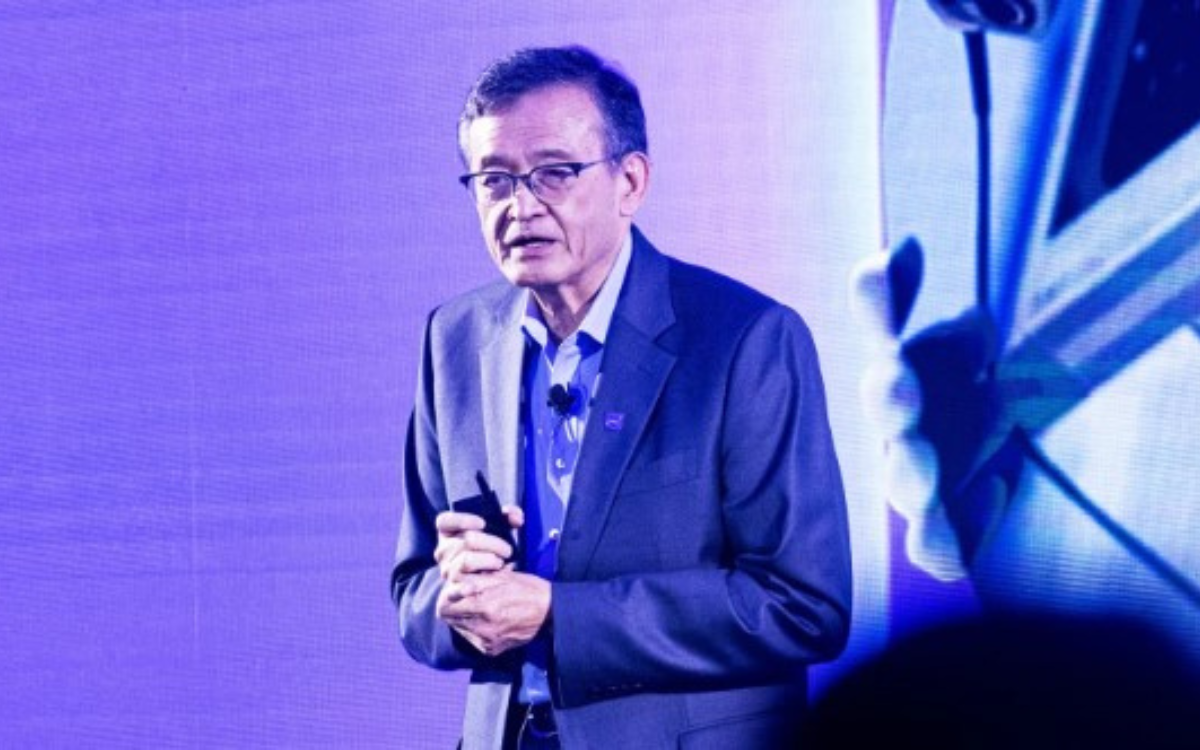President Donald Trump has intensified his campaign against the American semiconductor industry, this time zeroing in on newly appointed Intel CEO Lip-Bu Tan. Trump’s sharp remarks mark a renewed push to force chip manufacturers to move operations to U.S. soil — or face steep consequences.
In a bold statement on Wednesday, Trump threatened to impose a 100% tariff on imported semiconductors unless companies are already producing — or are planning to produce — their chips within the United States. The announcement reflects Trump’s broader strategy to localize high-tech manufacturing, especially as demand for artificial intelligence infrastructure surges.
The pressure on Intel has been amplified by Republican Senator Tom Cotton, who sent a formal letter to Intel Chairman Frank Yeary expressing “serious concerns” about Tan’s ties to Chinese industry and the potential implications for U.S. national security.
According to Cotton, Tan has significant financial interests in hundreds of Chinese tech companies, including at least eight with direct connections to China’s People’s Liberation Army (PLA). The senator’s letter presses Intel on whether Tan has been asked to divest from entities linked to the Chinese Communist Party or the PLA to avoid any possible conflicts of interest.
Cotton also raised questions about potential subpoenas related to Tan’s former investment firm and whether the company has been fully transparent about Tan’s connections to Chinese business and military-linked enterprises.
The concerns stem from a Reuters investigation, which reported that Tan has invested in numerous Chinese advanced-manufacturing firms — several of which are allegedly tied to military applications.
So far, Intel has not issued any public response to either Trump’s comments or Cotton’s letter, despite growing scrutiny over the company’s leadership and international affiliations.
In March, Intel Chairman Frank Yeary announced that Lip-Bu Tan would take the reins as the company’s new CEO. Tan officially joined the tech giant on March 18, bringing with him years of experience, most notably from his tenure as CEO of Cadence Design Systems, a California-based semiconductor design firm, where he served from 2009 to 2021.
Tan steps into the role at a time of intense competition and transformation within the chip industry. Intel’s global rivals — including Taiwan Semiconductor Manufacturing Company (TSMC), Samsung, GlobalFoundries, and Nvidia — have already committed billions of dollars to expand their U.S. operations or strengthen ties with major American firms like Apple. These moves are seen as strategic efforts to sidestep looming tariffs and win favor with U.S. policymakers.
But Intel, once the undisputed leader in the semiconductor space, is still playing catch-up. Ongoing management turnover has further complicated the company’s uphill battle to regain ground.
On Thursday, Intel’s stock fell over 2%, wiping out its gains for the year and putting it well behind the S&P 500, which is up 9% in 2025.
Tan’s appointment follows the departure of former CEO Patrick Gelsinger, who exited at the end of 2024. Gelsinger’s ambitious plan to rebuild Intel’s reputation and capabilities — including major chip fabrication projects in the U.S. — fell short amid rising debt and the strong head start enjoyed by rivals like Nvidia and AMD, especially in the booming AI sector.
Despite efforts to boost its U.S. manufacturing capacity, Intel’s performance has raised concerns in Washington. Last November, the company secured an $8 billion federal grant under the Biden administration’s CHIPS Act, aimed at bolstering domestic chip production and securing supply chains for national defense.
However, that amount was reportedly reduced from an earlier figure due to doubts among U.S. officials about Intel’s ability to meet its commitments, according to The New York Times.
With leadership in flux and rivals continuing to surge ahead, Intel now faces a critical moment in its decades-long history — one that will test both its new CEO and the company’s long-term viability in the global chip race.


